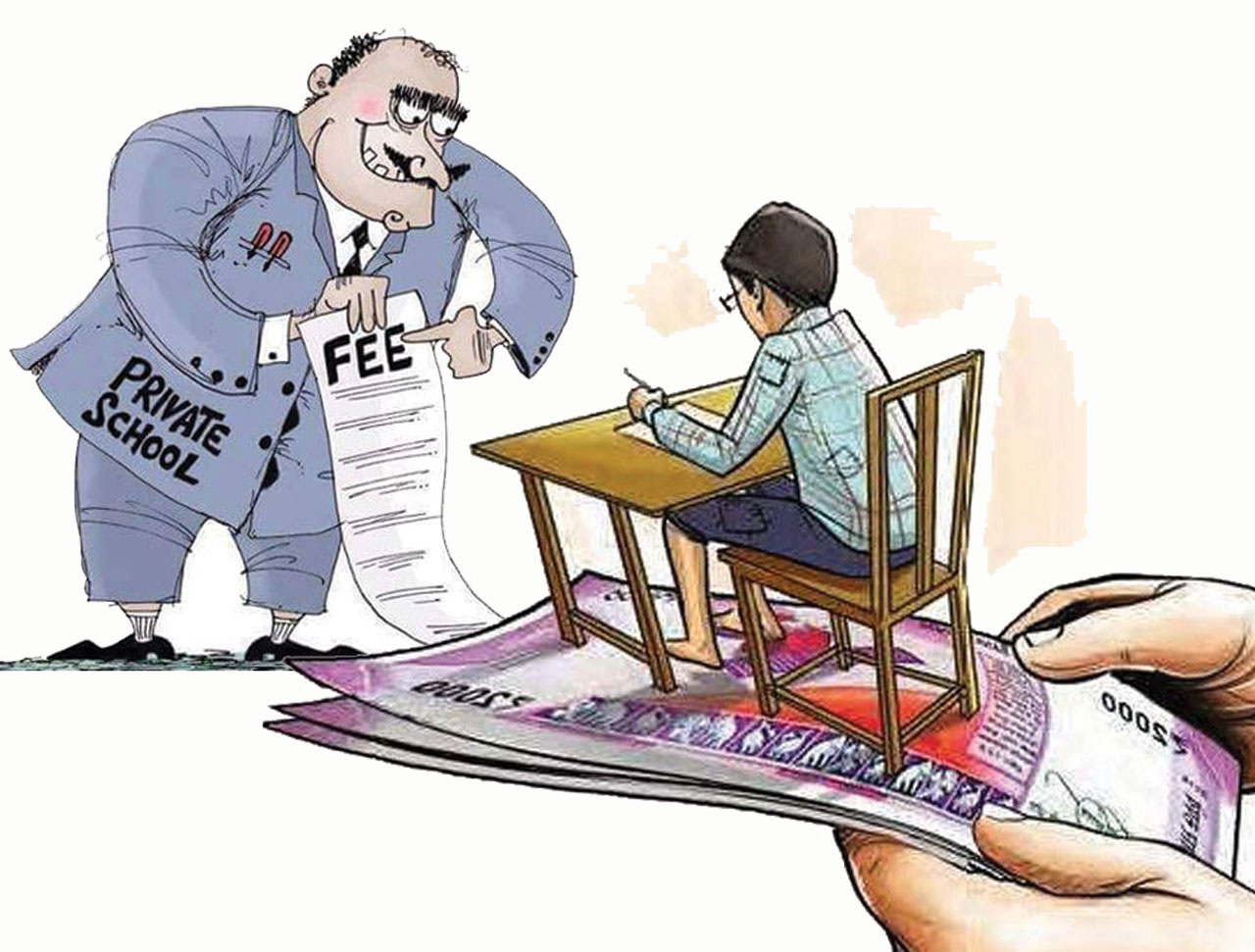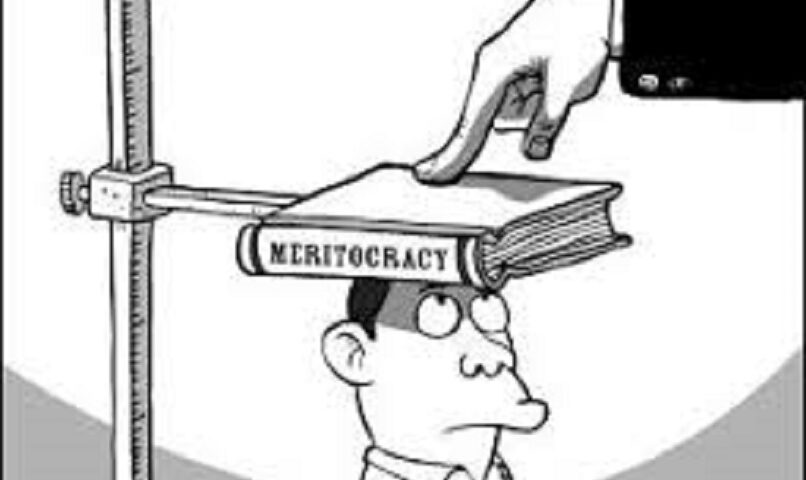Kashmir Education Crisis: Unregulated Fee Hikes and Impact on Families
By: Javid Amin
Srinagar 06 May 2025: In the picturesque valleys of Kashmir, a silent crisis brews within the education sector. Parents grapple with escalating school fees, arbitrary charges, and administrative inertia, turning the dream of quality education into a financial nightmare. This comprehensive analysis delves into the multifaceted challenges confronting Kashmir’s education system, shedding light on the struggles of families and the urgent need for reform.
The Burden of Rising School Fees
Unjustified Tuition Increases
Private schools across Kashmir have witnessed a surge in tuition fees, often without transparent justification. Institutions cite reasons like inflation and infrastructure development; however, parents rarely observe tangible improvements. For instance, Kashmir Harvard School reportedly spent ₹2 crore on a new swimming pool while simultaneously raising fees by 40%.
Hidden Charges and Arbitrary Costs
Beyond tuition, schools impose various additional fees:
-
-
Building Funds: Charges for infrastructure upgrades, even when no renovations are evident.
-
Annual Maintenance Fees: Lack of transparency regarding fund utilization.
-
Late Payment Penalties: Exorbitant fines for delayed payments, sometimes leading to student exclusion.
-
Mandatory Purchases: Compulsory buying of uniforms and books from specific, often expensive, vendors.jkffc.in
-
Transport Fees: Charges levied even on non-users of school transport services.
-
Financial Strain on Families
The cumulative effect of these costs forces many middle-class families to:
-
-
Take loans or cut essential household expenses.
-
Withdraw children from private schools due to unaffordability.
-
Opt for lower-grade institutions, potentially compromising educational quality.
-
Psychological and Emotional Toll on Students
Punitive Measures for Non-Payment
Students often face disciplinary actions when fees are unpaid:
-
-
Being marked absent in official records.
-
Separation from peers, leading to social isolation.
-
Denial of homework and class materials.
-
Public reprimands, affecting self-esteem.
-
Increased Academic Pressure
Such punitive measures exacerbate academic stress, compelling students to overcompensate for missed lessons and cope with the stigma associated with their parents’ financial struggles.
Mental Health Implications
Psychologists warn that these practices can lead to:
-
-
Anxiety and emotional instability.
-
Reduced self-confidence and academic disengagement.
-
Long-term psychological effects hindering overall development.
-
Legal and Administrative Oversight: A Systemic Failure
Regulatory Gaps
Despite the Jammu and Kashmir School Education Act, 2002, mandating fee regulation, enforcement remains weak. Schools often bypass the Fee Fixation and Regulation Committee (FFRC) by reclassifying fees under different heads .
Government’s Passive Role
Authorities have been criticized for their reluctance to act against powerful school associations. Even when parents report misconduct, responses are often delayed or inadequate .
Collective Action: A Path Forward
For Parents
-
-
Form Associations: Unite to demand reforms and hold institutions accountable.
-
Report Misconduct: Document and report unethical practices to the education department.
-
Raise Awareness: Utilize social media and news platforms to highlight issues.
-
Advocate Transparency: Push for clear and justified fee structures.
-
For Government and Education Boards
-
-
Implement Strict Regulations: Enforce laws to control unjustified fee hikes.
-
Conduct Regular Inspections: Ensure schools adhere to financial regulations.
-
Establish Grievance Redressal Mechanisms: Create platforms for swift resolution of complaints.
-
Enhance Oversight: Monitor private institutions to prevent exploitation.
-
Bottom-Line: A Call for Reform
Education should be a fundamental right, not a privilege contingent on financial capacity. It’s imperative for authorities to take decisive action, ensuring that every child in Kashmir has access to fair, transparent, and affordable education. Collective efforts from parents, educators, and policymakers are essential to transform the current landscape and uphold the sanctity of education in the region.




